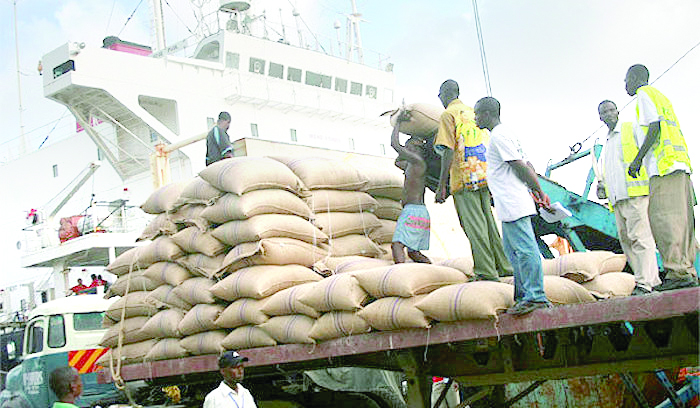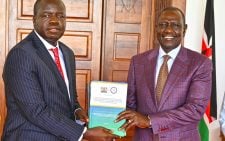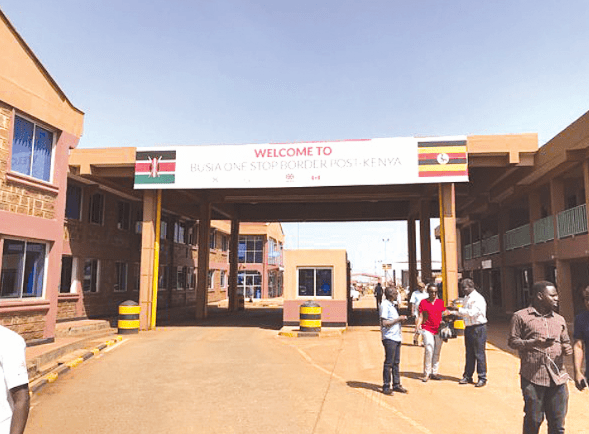Why Africa’s Sh4.9tr annual food import bill worries experts

Kenya is among African countries struggling with low food production leading to the continent’s increased food import bill that has reached $35 billion (Sh4.9 trillion) annually.
Agriculture Cabinet Secretary Mithuka Linturi complained that agriculture sector in the continent is grappling with low investment in research and innovation leading to food insecurity
Data by the Food and Agricultural Organisation (FAO) of the United Nations reveals that one-third of the world’s available food never makes it from farm to table.
Linturi said Kenya is committed to reduce the number of food insecure Kenyans by 50 per cent in coming years.
The CS made the remarks during the official opening of a two-day international agriculture conference on innovation, research and how funding can improve food security, productivity, and profitability in Africa in Nairobi yesterday.
The conference, whose theme is Cultivating Africa’s Future (CultiAF) –Enabling resilient, equitable and sustainable food systems is being attended by over 250 local and international delegates.
CultiAF, a food security project, was designed ten years ago by the International Development Research Centre (IDRC) and the Australian Centre for International Agricultural Research (ACIAR).
Santiago Alba Corral, IDRC Director in charge of Climate Resilient Food Systems Division said the conference will provide a platform for delegates to learn, share information and build strategic partnerships with the overall objective of identifying effective interventions to reduce food loss waste on the continent as well as push for research and funding.
Speaking during the opening session, Corral said Africa has the potential to not only feed itself, even with a growing population, but to become a net exporter of food – rather than an importer as it is now.
Julianne Biddle is the Director, Multilateral Engagement at ACIAR said Science, technologies, and innovations are increasingly becoming key, with less land available to produce food and declining water levels.
Linturi observed that a lot was being done in the region but is not captured in the biennial review reporting on food insecurity.












